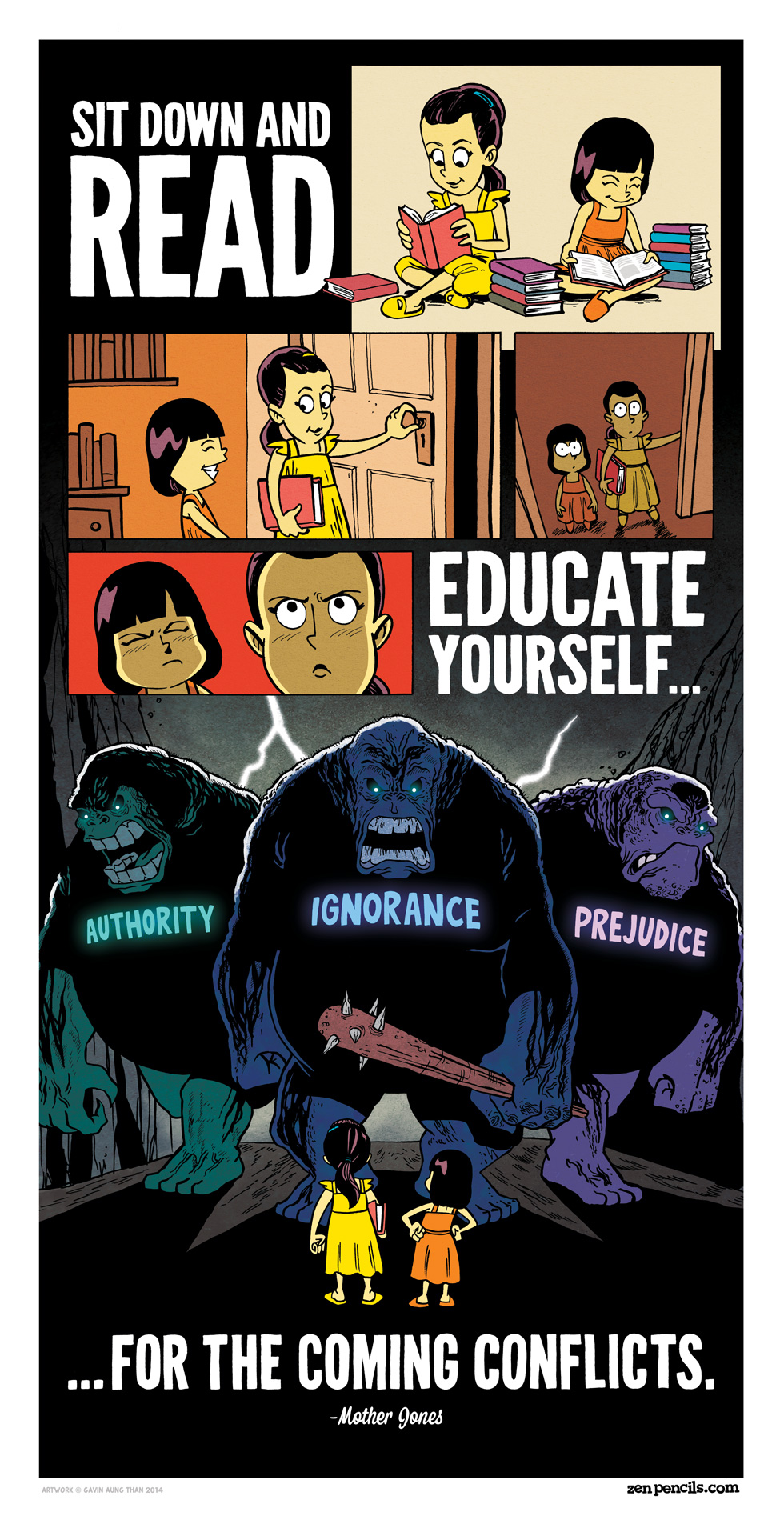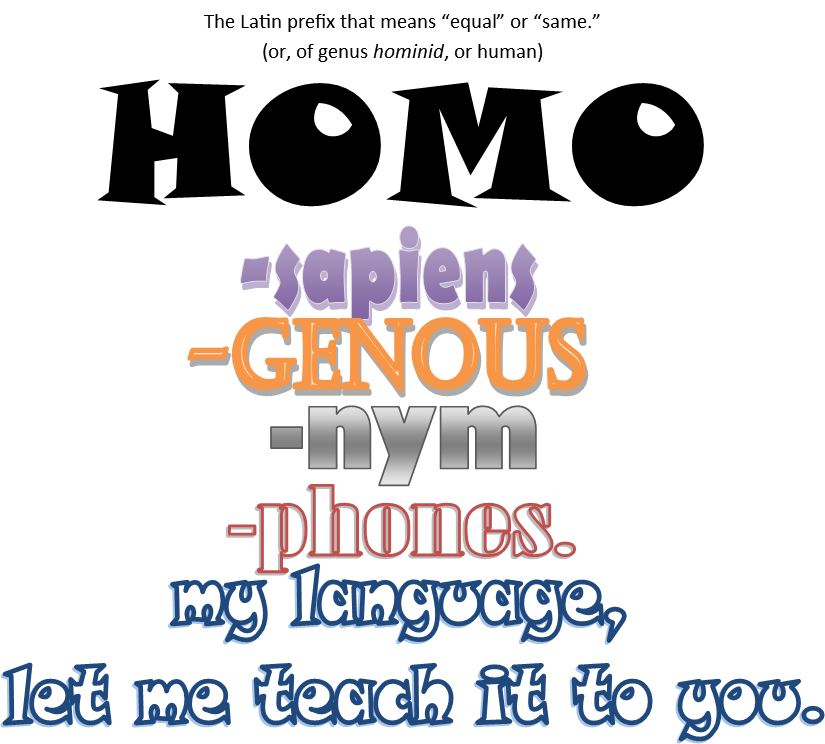WARNING: Rant ahead
Those who have been long-time readers of the blog know how I came absolutely unglued reading The Boy in the Striped Pajamas, by Irish novelist John Boyne, for the Cybils Awards in 2006. I thought it was an utter waste of trees, and my friend Leila actually, in sheer desperation, put it down to read about TENNIS, which has to inform readers how bad it was. (Sorry, sports fans, but tennis is ruddy dull to watch, much less read about.) (Leila later voted the book as her most put-downable.) And then, there was the MOVIE.
For me, the whole book – and its celebrants – was almost worse than the existence of Holocaust deniers. Nope, nope, we’re not going to deny it happened. We’re just going to cuten it up! Perk it up! Every genocide needs ruffles! With its simplistic, condescending, patronizing storyline, the novel affirmed that children are so INNOCENT and lisping, pink and cute — so stupid and unobservant — that they’d miss, you know, great atrocity, the smell of death and the fact that their wee bestie was incarcerated and being starved and tortured, prior to being murdered. Also, Boyne wouldn’t mention the lice and the and the bruises and the disappearances going round on his side of the fence. The characters were meant to be nine and twelve, but the baby language of “Out With” instead of Auschwitz and the Fuhrer being called “The Fury” utterly sickened me – what nine-year-old German child would not know the name of his country’s leader in the 1940’s???? In an abusive home, much less an oppressive political regime, children are indoctrinated before they can speak.
Y’know what??? LET’S. NOT. GET. ME. STARTED.
In short, the book showed an appalling lack of respect for its subject matter, for the survivors and the victims of one of modern history’s most egregious and cold-blooded atrocities, and just whistles off, looking at the ceiling, whilst I foam at the mouth because it is truly, madly, deeply inappropriate. OKAY. I get it. John Boyne doesn’t care. But, I swear to you, it’s books and movies like that which give rise to STUPID S$*%*%&# LIKE THIS:
REALLY, ZARA CLOTHING STORE???? Did you sleep through World History? In a company that does business INTERNATIONALLY, was there NO ONE who was at all bothered by a yellow star? No one who thought twice? No one whose job it was to check out stuff like this? I don’t buy that. Maliciously meant or (probably) not — people who don’t do business thoughtfully soon don’t do business.
See, this is a truth:
Truth: human nature is for human beings to have a short attention span.
Truth: we need books that TELL THE TRUE, as Jane Yolen puts it, to remind us of what is real.
Truth: CRAP LIKE THIS is what happens when we lose track of the truth. We grind salt in one another’s wounds. We forget that anyone ever hurt. We walk through life with blinders. We can justify all sorts of things.
Books are weapons in the war of ideas, people.
I’ll leave you with a ZEN Pencils moment, since I’m not feeling all that Zen.
< / rant>




